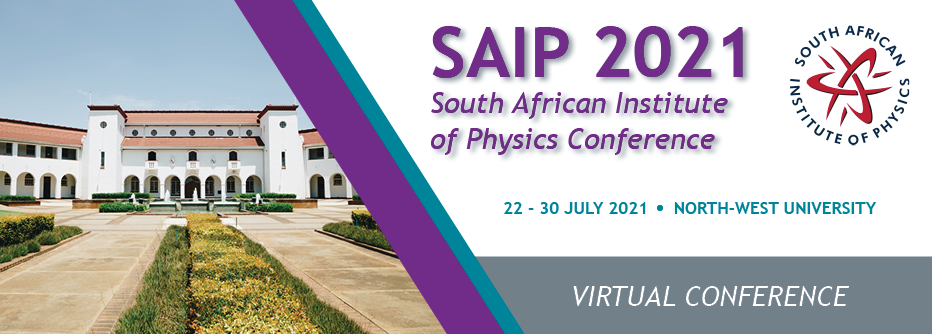Speaker
Description
Embracing 4IR in the education system has become mandatory more than before considering the current global pandemic. Teacher beliefs influence their practices. It has also been found that sometimes there is a mismatch between teachers’ beliefs about the affordances of technology and the actual practices in the classrooms due to contextual factors. Many countries have embraced 4IR in their education system and South Africa is part of the change. Because this is a ‘revolution’ many science teachers have been caught off guard and they harbour mixed feelings regarding their roles and what the future has in store for them. The current study sought to establish newly qualified science teachers’ perspectives on their roles due to the call to embrace 4IR tools in their classrooms. The qualitative study was guided by the research question: What are teachers’ beliefs about their roles in science classrooms where 4IR is embraced? The participants were ideal considering their relative young age which is coined as ‘the digital age’. An online questionnaire was administered to 60 teachers who had just qualified to teach science. The questionnaire specifically sought science teachers’ levels of preparedness in terms of competencies, resource availability and management, and future professional prospects. Data was subjected to content analysis and three themes emerged. 1. Teachers believed that the government and the Department of Basic Education’s stance to embrace 4IR is a vehicle that promotes unequal education opportunities for science learners. The teachers’ argument was that whilst it is a welcome development, there has not been parity in resource distribution in schools because learners come from diverse socioeconomic backgrounds. Those from disadvantaged backgrounds even struggled with acquisition of simple calculators in which case the acquisition of electronic gadgets could even be out of reach for many. 2. Most of the science teachers showed lack of confidence as they believed they were not technologically prepared to embrace 4IR tools such as AI, coding and robotics. As such, they expressed fears and insecurities when it comes to their competencies to deliver technology led classroom teaching and learning of science. 3. The science teachers believed that too much utilisation of technology in a science classroom will demean the actual teaching and learning of scientific concepts. In this case the teachers questioned the effectiveness of technology in providing meaningful learning of science. The findings of this study contribute towards the need to change the status quo on the disparities between urban, rural as well as township and suburban schools in terms of resource distribution; and teacher professional development on the need for continued technological knowledge and skills development.
Key words: Classroom practices, science teacher beliefs, 4IR.
Apply to be considered for a student ; award (Yes / No)?
No
Level for award;(Hons, MSc, PhD, N/A)?
N/A

